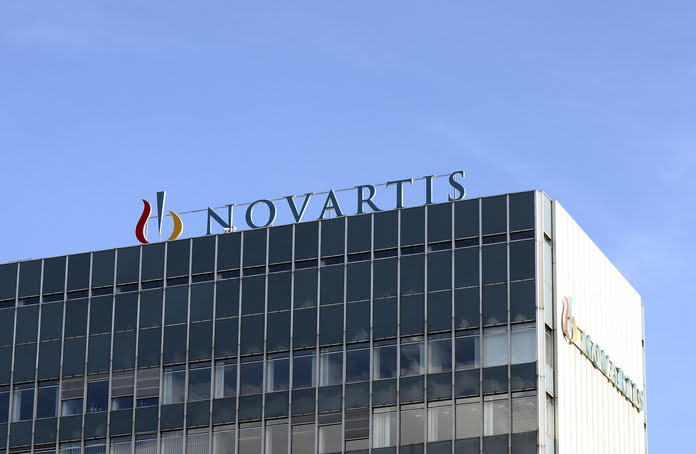On Wednesday, Novartis (NYSE:NOV) reported a 6% increase in adjusted net income for the fourth quarter, which failed to meet market expectations due to corporate expenses surpassing projections despite recent cost-cutting efforts. The core net income for the quarter reached $3.13 billion, driven by sales of newly launched drugs, but it fell below analysts’ estimates of approximately $3.3 billion, according to LSEG data.
The Swiss pharmaceutical company also announced its aim for growth in operating income, adjusted for one-offs, within a high single-digit percentage range. Following this news, the company’s shares dropped by 4% at 0815 GMT, tempering the 9% gains achieved so far this year. Analysts noted concerns over higher-than-expected costs and expressed some disappointment regarding the 2024 goals.
Terence McManus, a fund manager at Switzerland’s Bellevue Asset Management, acknowledged that the quarterly results were slightly weak but attributed it to spending on drug launches. He emphasized the positive outlook for the coming years, as reflected in the mid-term guidance.
Novartis extended its mid-term guidance, projecting a 5% annual sales growth until 2028 when adjusting for currency fluctuations. This revised guidance extends the pace of growth to 2028, compared to the previously projected growth through 2027.
Finance chief Harry Kirsch addressed the quarterly performance, stating it aligned with internal plans. He highlighted the impact of a drop in the Argentine peso and mentioned that “abnormally low” costs in previous quarters might have led to overly optimistic analyst projections.
CEO Vas Narasimhan, who previously spearheaded cost-cutting initiatives, emphasized a focus on fewer therapeutic areas and geographic markets. Last year, the company also spun off and listed its generic drugs business, Sandoz.
Sales growth in the quarter was driven by the better-than-expected performance of established heart failure drug Entresto, Kesimpta for multiple sclerosis, and breast cancer drug Kisqali. However, revenue gains for Pluvicto, a precision radiotherapy for prostate cancer, and gene therapy Zolgensma for spinal muscular atrophy, fell short of market expectations.
Featured Image: Megapixl









